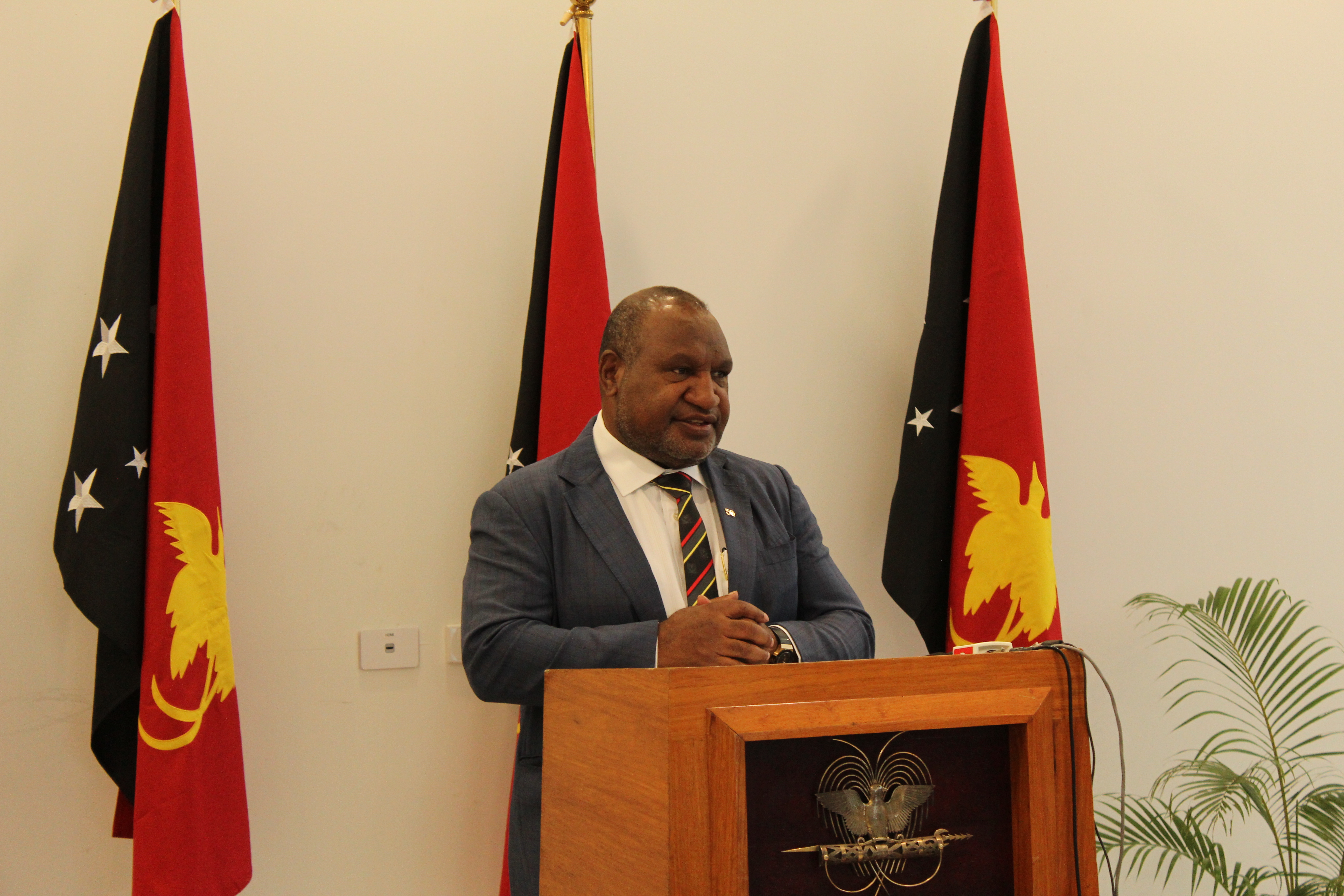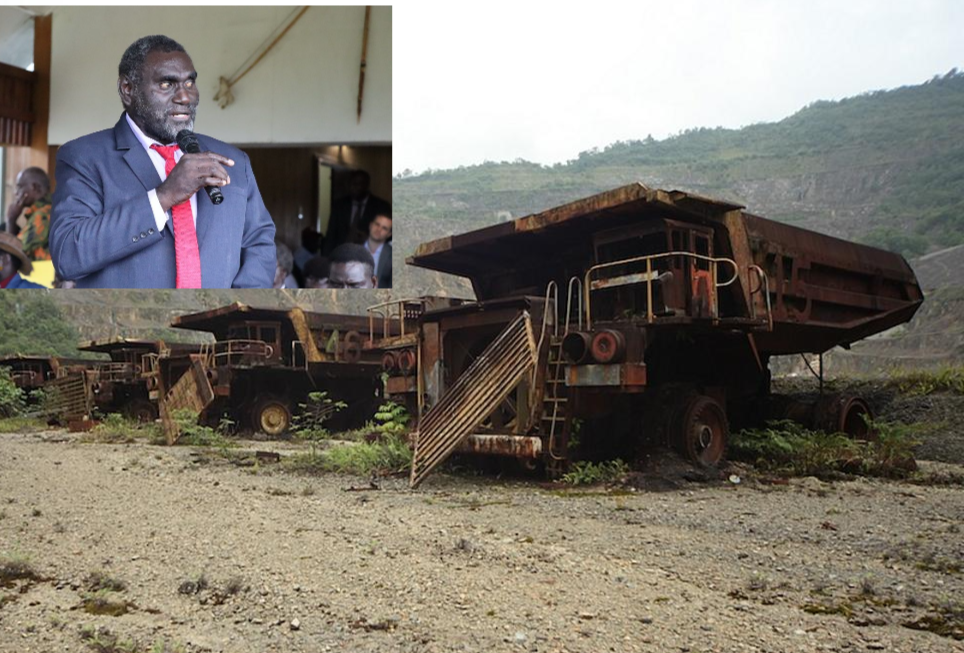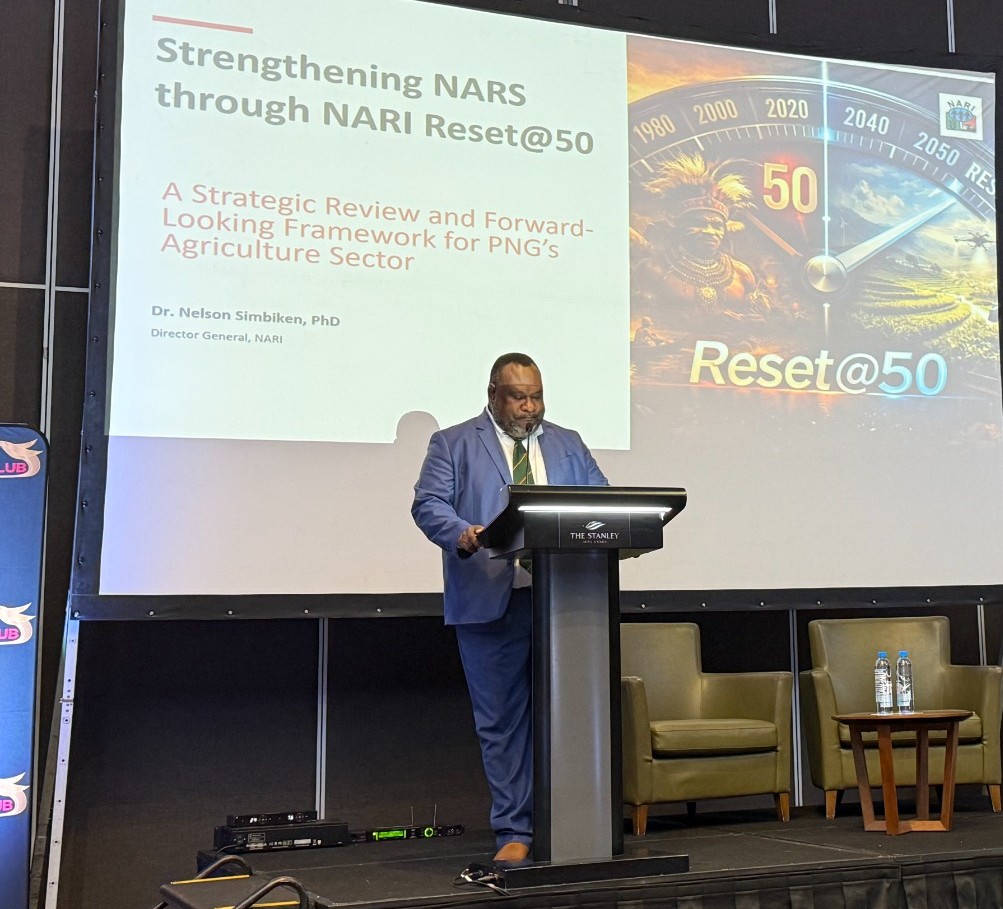Although the intention of the government to ease the impacts of inflation on the people through these tough times may be reasonable through the temporary suspension of the Goods and Services Tax (GST), it could result in prices going further up for consumers going forward.
This was the warning from the Papua New Guinea (PNG) Institute of National Affairs (INA) Director Mr. Paul Barker when commenting on the recent move by state to suspend for six months the 10% GST on goods and services as a means of combat the current inflationary impacts brought about by the pandemic and partly by the current events internationally.
Barker said it’s best not to make changes at this time as it could result in further price increases after the six months.
“If you say you’re going to do it in six months and in that six months’ time if prices are still high and going on up, and then you put it (GST) on again, then prices will keep on going further up.”
“So, it would be much better not to do changes now just because there is an election coming, it would be better to remain consistent.”
Mr. Barker instead said the government should look at reducing the excise duty or tax charged on goods produced within the country, on fuel, of which he said should be a better option to lessen the inflationary impact currently experienced.
He explained that the high cost of fuel is directly affecting the prices of goods and services as well due to it being used for transportation of goods around the country.
This high cost is then passed on to everything.
“Now the fuel price has gone up, but it might as well come down again in six months’ time. So, it is easier to just administer the excise duty on fuel and to adjust quickly, then it is to adjust the GST.”
“So, it is probably better to reduce the inflationary effect by reducing the fuel excise duty for a period of time.”
Barker added that the prices are already going to be high and that’s already having the effects of discouraging the use of fuel, but by reducing the excise duty on fuel it can reduce the costs.







